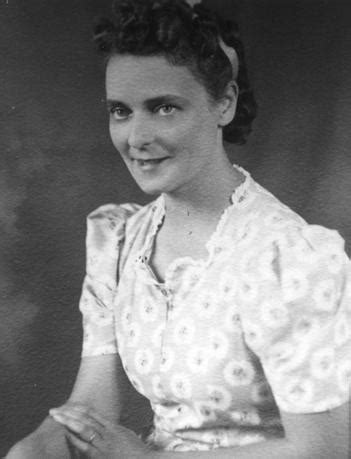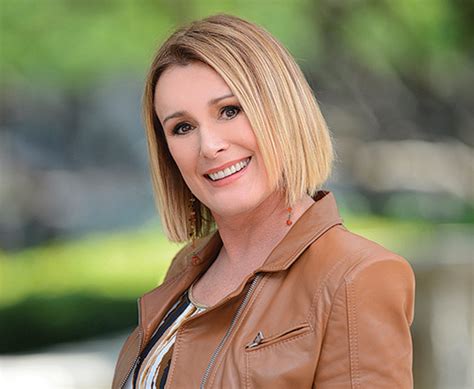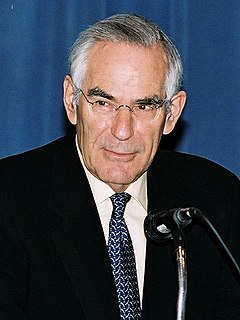A Quote by Stephen Colbert
Researchers from Britain's Keele University have found that swearing after an injury may help alleviate pain. Evidently, the pain that you feel is inversely proportional to the number of middle names you give Jesus.
Related Quotes
The nerves of the skin send pain signals to the brain to warn us of the danger from and impending injury. In the case of self-inflicted wounding, this pain acts as the body's own defense mechanism to stop one from proceeding in the effort at physical injury. If a person proceeds despite the pain, that means that he or she is motivated by something stronger than the pain, something that makes him or her capable of ignoring or enduring it.
But pain may be a gift to us. Remember, after all, that pain is one of the ways we register in memory the things that vanish, that are taken away. We fix them in our minds forever by yearning, by pain, by crying out. Pain, the pain that seems unbearable at the time, is memory's first imprinting step, the cornerstone of the temple we erect inside us in memory of the dead. Pain is part of memory, and memory is a God-given gift.
However long the horror continued, one must not get to the stage of refusing to think about it. To shrink from direct pain was bad enough, but to shrink from vicarious pain was the ultimate cowardice. And whereas to conceal direct pain was a virtue, to conceal vicarious pain was a sin. Only by feeling it to the utmost, and by expressing it, could the rest of the world help to heal the injury which had caused it. Money, food, clothing, shelter - people could give all these and still it would not be enough; it would not absolve them from paying also, in full, the imponderable tribute of grief.
We live in a culture of quick fixes. We want to feel better and we want to feel better now. I believe that's why many turn to alcohol and drugs because they want to numb the pain of life. In my life I have a choice. I can sit with my depression and look at Jesus or I can sit with Jesus and look at my depression. What I mean by that is I can focus on what's broken and wonder where God is or I can sit in the companionship of Christ who suffered for us and worship him in the middle of the mess. That gives my pain meaning and context.
Grief does not end and love does not die and nothing fills its graven place. With grace, pain is transmuted into the gold of wisdom and compassion and the lesser coin of muted sadness and resignation; but something leaden of it remains, to become the kernel arond which more pain accretes (a black pearl): one pain becomes every other pain ... unless one strips away, one by one, the layers of pain to get to the heart of the pain - and this causes more pain, pain so intense as to feel like evisceration.
Rowing, particularly sculling, inflicts on the individual in every race a level of pain associated with few other sports. There was certainly pain in football during a head-on collision, pain in other sports on the occasion of a serious injury. That was more the threat of pain; in rowing there was the absolute guarantee of it every time.


































